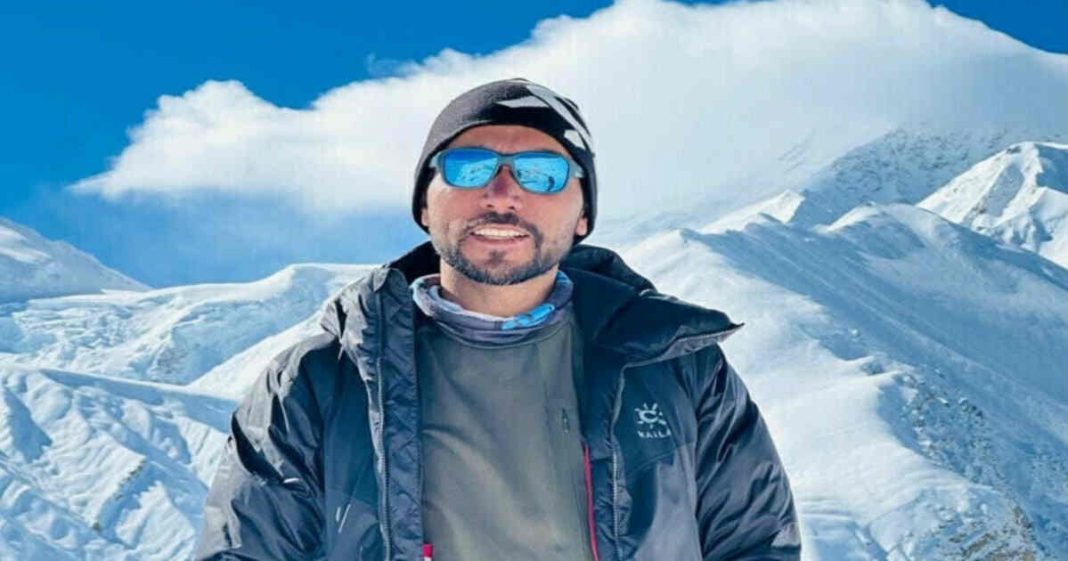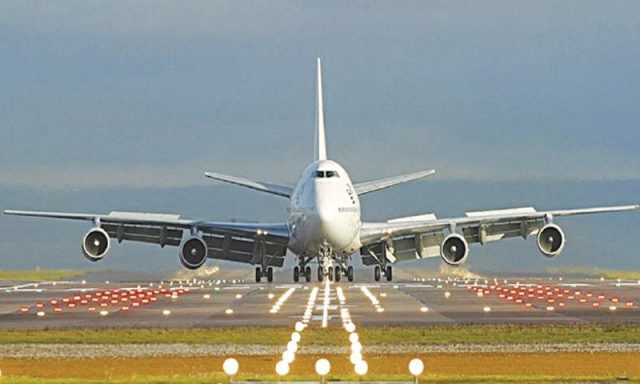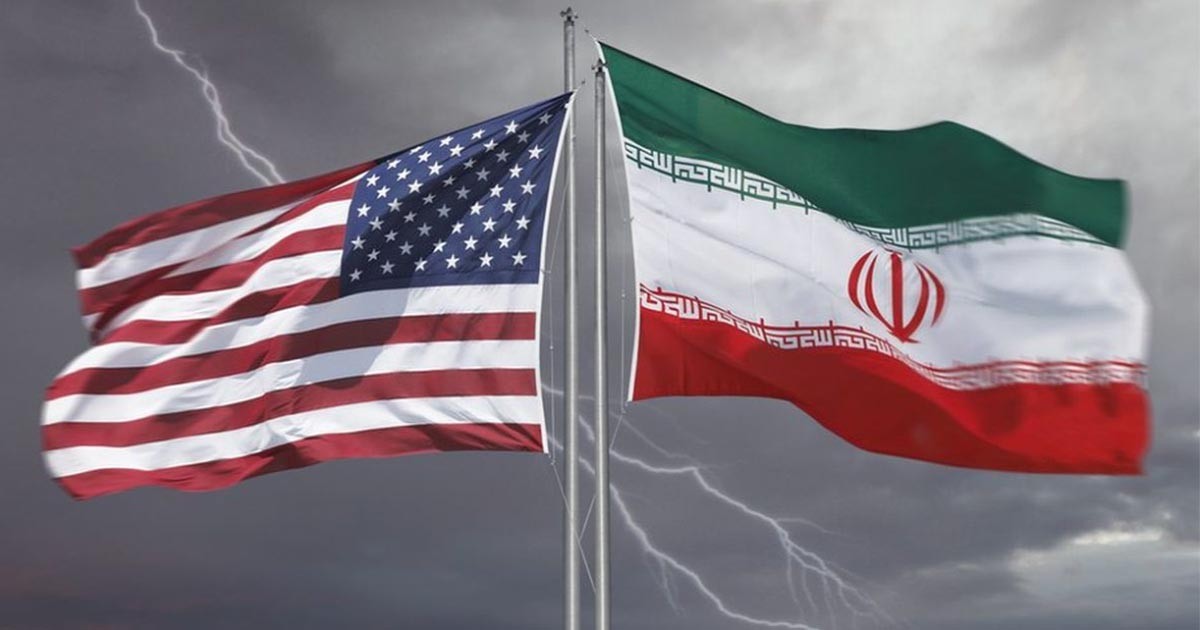Pakistani climber Sirbaz Khan has etched his name in global mountaineering history by becoming the first Pakistani to summit all 14 of the world’s 8,000-metre peaks without the use of supplemental oxygen. On May 18, 2025, Khan reached the summit of Kangchenjunga (8,586m), the world’s third-highest mountain, completing a years-long mission marked by determination, courage, and resilience.
Read More: India might not play Asia Cup 2025 because of Pakistan
The 35-year-old mountaineer from Hunza Valley, Gilgit-Baltistan, had already summited all 14 of the world’s highest mountains by October 2024, but had used bottled oxygen during two of those expeditions. Driven by the goal of climbing all 14 peaks in pure alpine style — without artificial oxygen — Sirbaz returned in 2025 to re-climb Annapurna and Kangchenjunga, this time without support. His latest ascent has placed him in an elite group of fewer than 25 climbers worldwide who have accomplished this feat without supplemental oxygen.
A Journey That Began in 2017
Sirbaz’s high-altitude journey began in 2017 with his successful ascent of Nanga Parbat (8,126m), known as one of the world’s most dangerous mountains. Over the next eight years, he systematically climbed the remaining peaks, which include:
-
K2 (8,611m) in 2018
-
Lhotse (8,516m) and Broad Peak (8,051m) in 2019
-
Manaslu (8,163m) in 2019
-
Annapurna I (8,091m) and Everest (8,849m) in 2021
-
Gasherbrum II (8,035m) and Dhaulagiri (8,167m) in 2021
-
Kangchenjunga and Makalu (8,485m) in 2022
-
Gasherbrum I (8,080m) in 2022
-
Cho Oyu (8,188m) and Shishapangma (8,027m) in 2023 and 2024
In April 2025, Khan re-summited Annapurna without oxygen and followed up with Kangchenjunga in May, completing the challenge he had first announced after Nanga Parbat.
Climbing in Alpine Style
Sirbaz’s style of climbing — without oxygen, fixed ropes, or Sherpa-led camps — represents the purest and most demanding form of high-altitude mountaineering. The “death zone” above 8,000 metres has critically low oxygen levels, making such ascents extremely challenging and dangerous. His accomplishment has been hailed as a landmark in Pakistani sports history.
According to the Alpine Club of Pakistan, Khan is now not only a national hero but also a global icon of endurance and perseverance. “He is a symbol of Pakistani resilience, skill, and courage on the highest peaks of the world,” said Secretary Karrar Haidri.
Tributes and Legacy
Climbers, civil society, and politicians across Pakistan have lauded Sirbaz for this monumental achievement. Tour operator Imagine Nepal also issued a congratulatory statement, recognizing his dedication and partnership. Pakistani climbers including Naila Kiani and Sajid Sadpara joined in celebrating his success.
Khan has often cited the late Muhammad Ali Sadpara — his mentor and fellow climber — as a source of inspiration. “I am reaching closer to the dream of my mentor,” he once said, referencing Sadpara’s own ambition to summit all 14 eight-thousanders before his untimely death in 2021.
Read More: Israel strikes Gaza after ‘basic’ food aid pledge
Sirbaz’s journey is not just about records but also about inspiring young climbers in Pakistan. “My mission is to represent Pakistan on the world’s highest stages,” he said, encouraging the next generation to dream big and climb higher.














